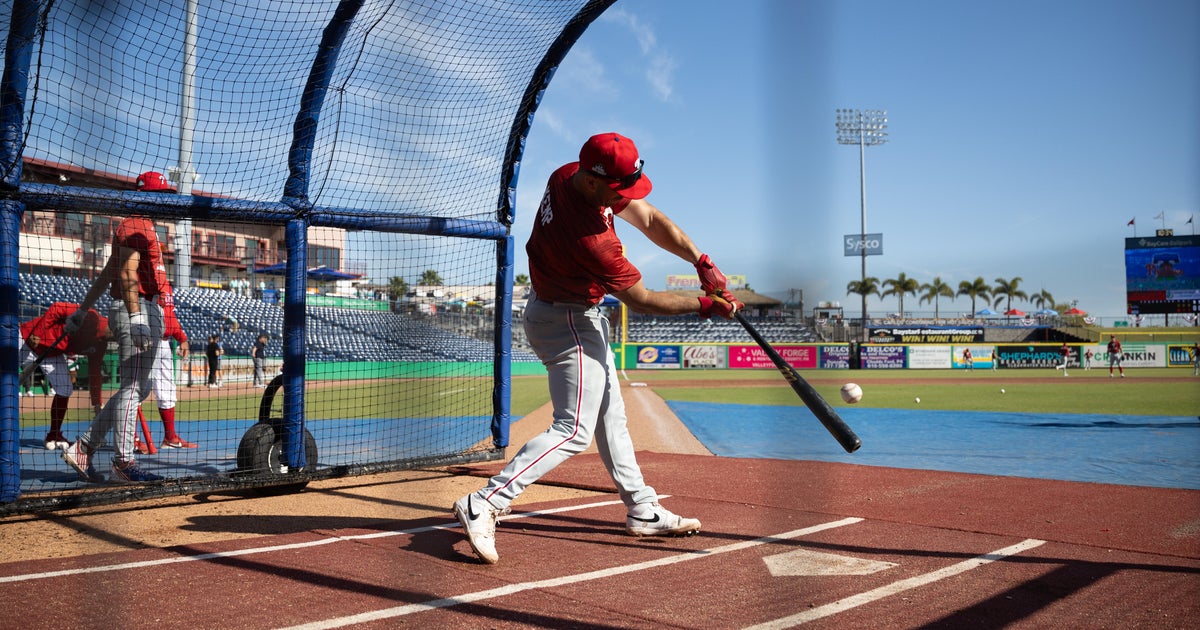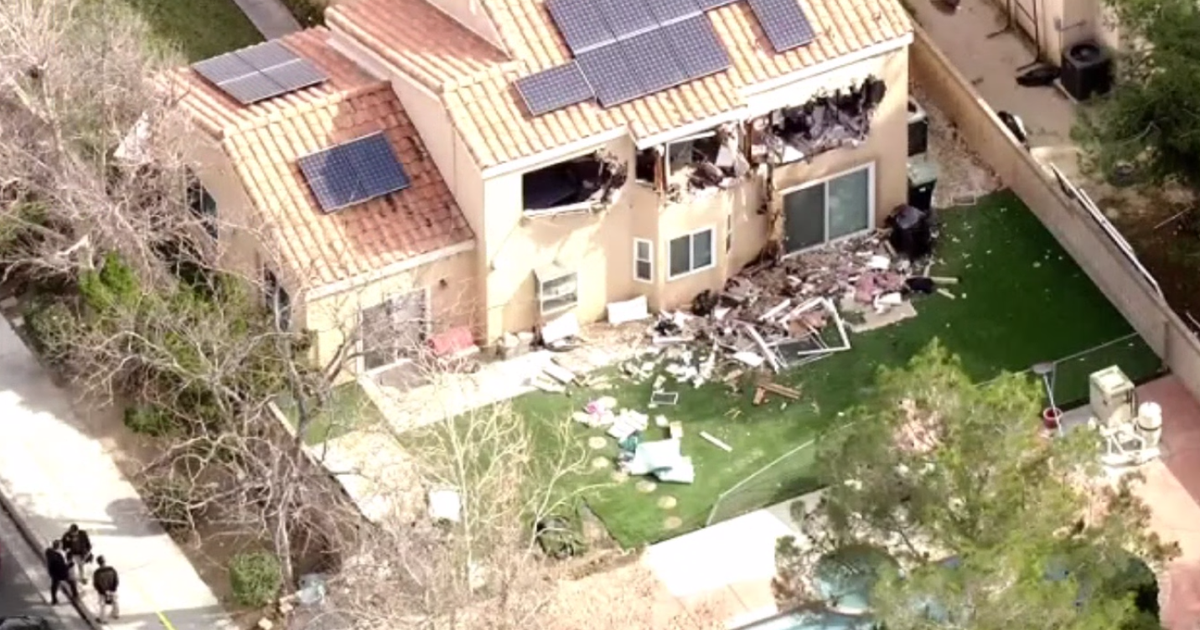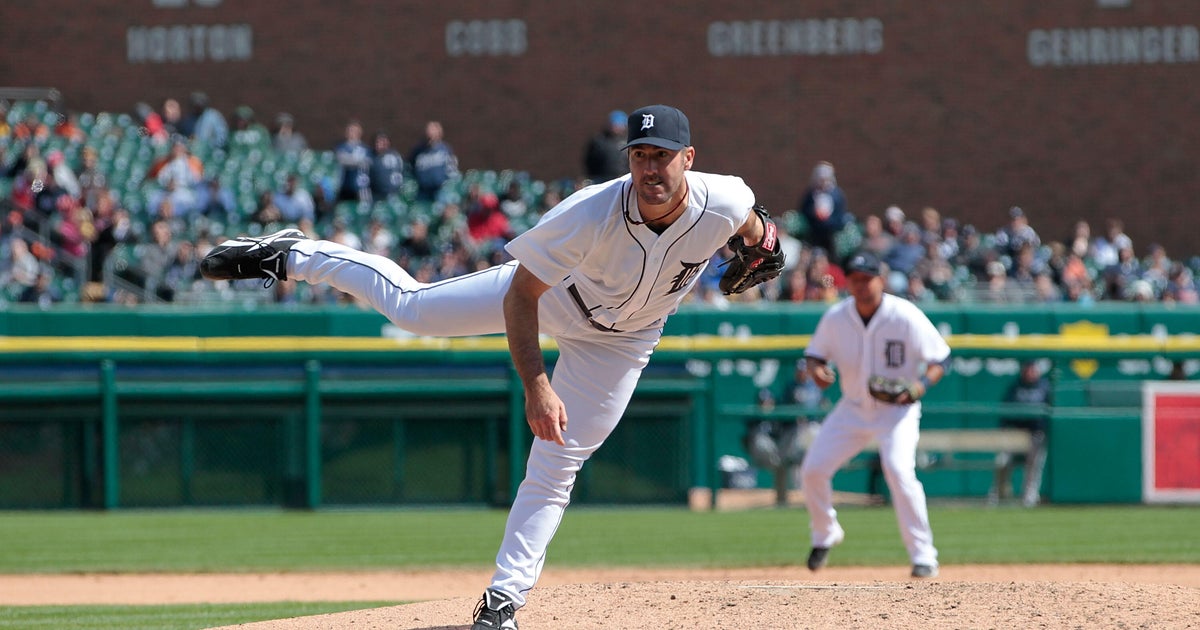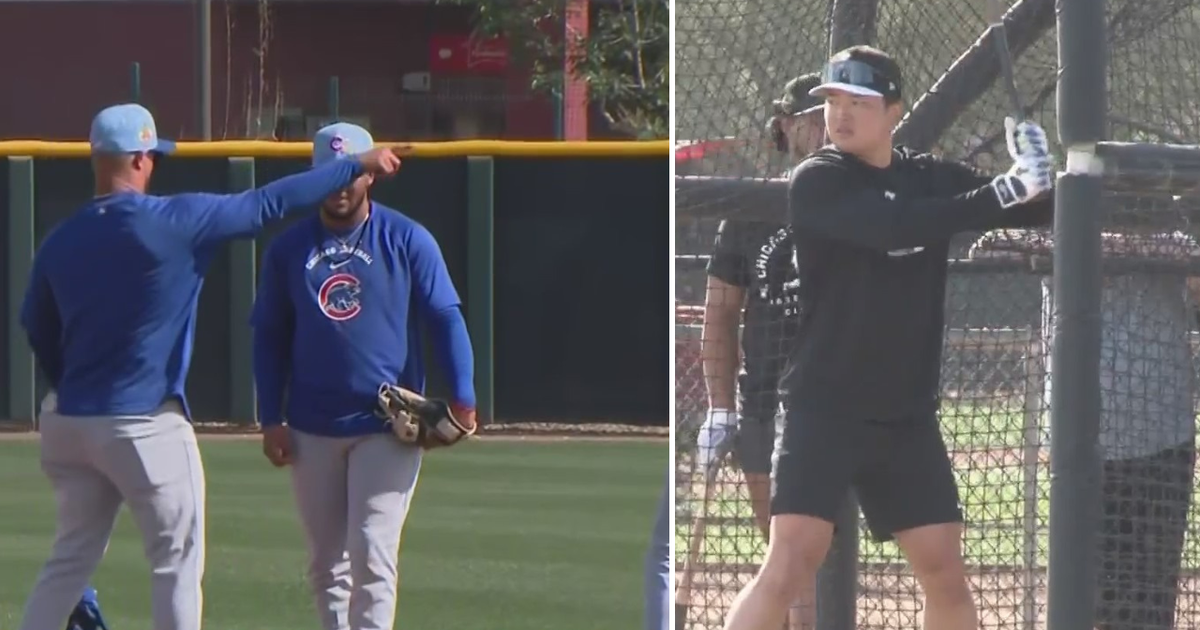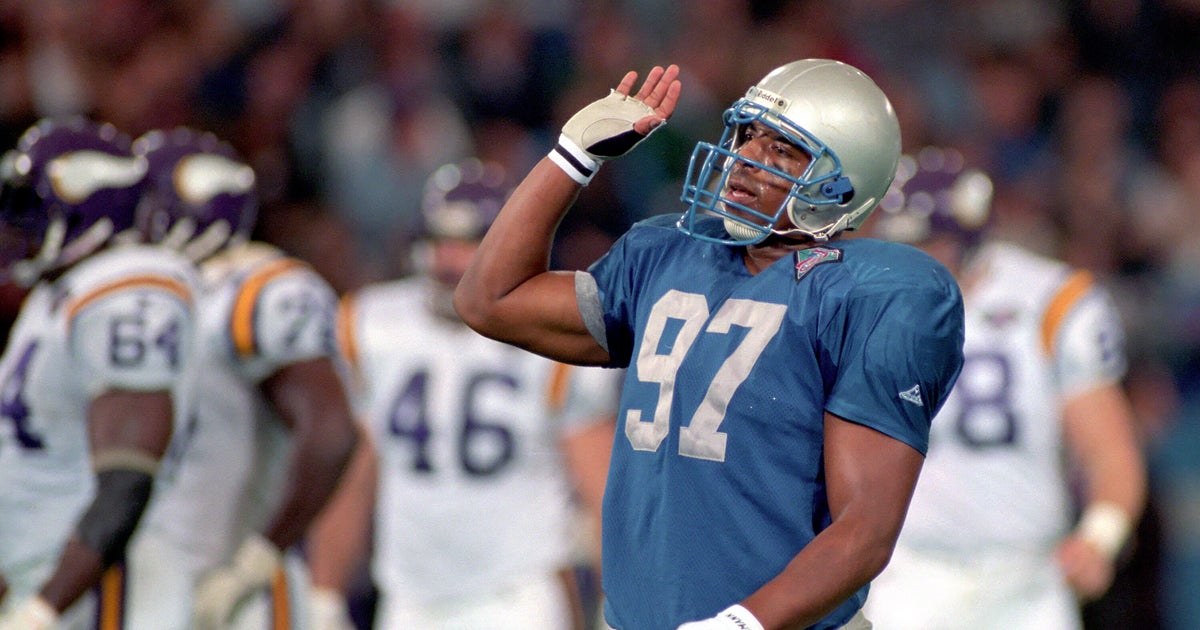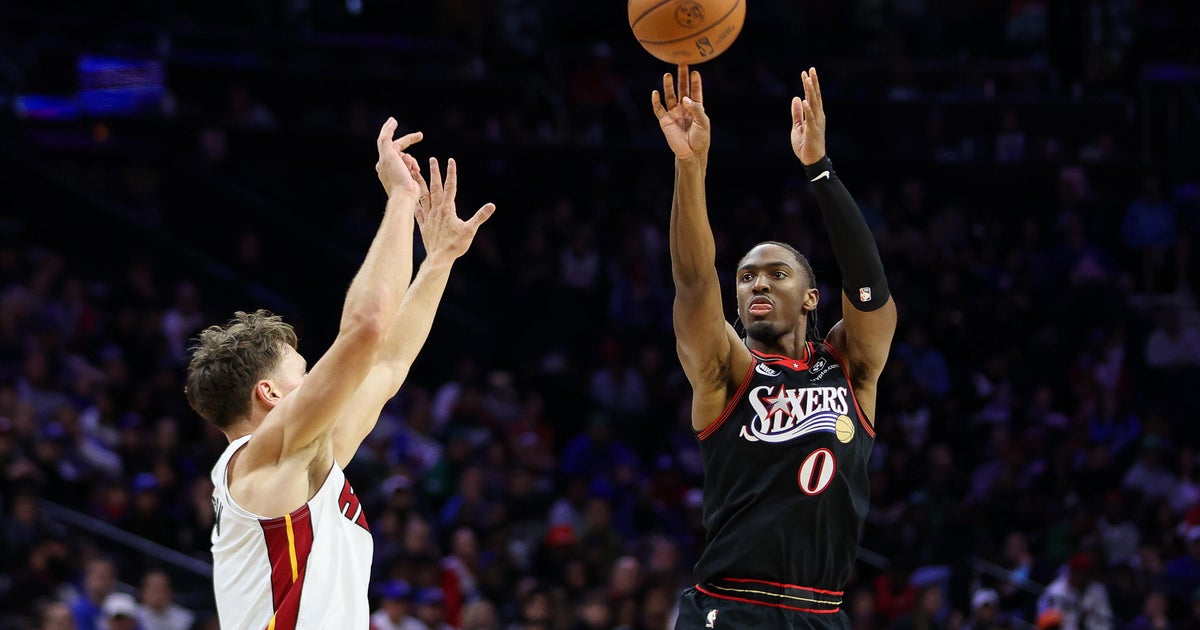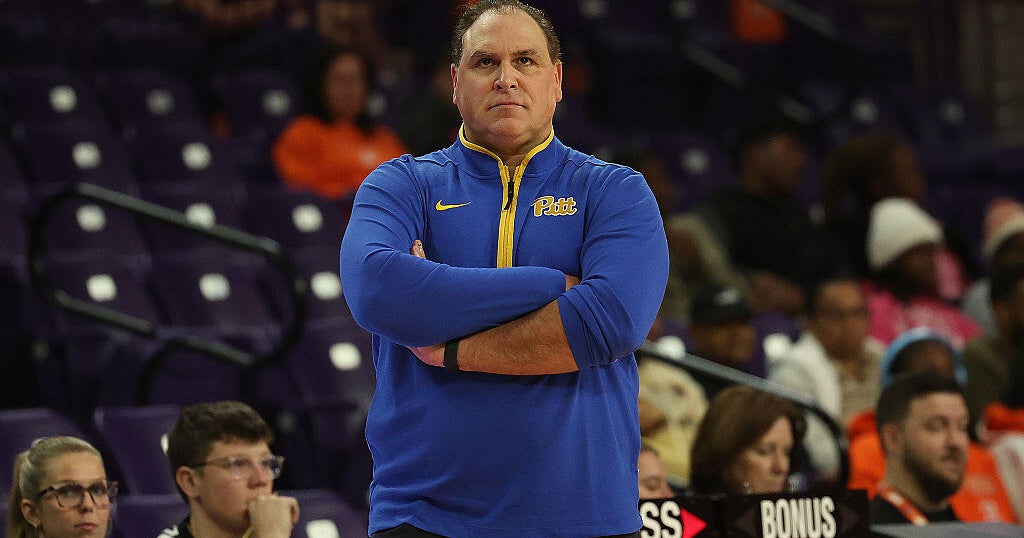Former Yankees Pitcher Hideki Irabu Found Dead
LOS ANGELES (WFAN/AP) -- Hideki Irabu joined the New York Yankees 14 years ago in the midst of international excitement. The quirky and flamethrowing Japanese right-hander seemed destined to become a pioneering star for American baseball's marquee franchise.
Irabu never reached those enormous expectations, and his career spiraled. On Wednesday, the 42-year-old was found dead, an apparent suicide in a home in Rancho Palos Verdes, a wealthy Los Angeles suburb.
"He was a world-class pitcher," said former major league manager Bobby Valentine, who managed Irabu in Japan in 1995. "When Nolan Ryan saw him, he said he had never seen anything like it. There were just some days when he was as good a pitcher as I had ever seen. A fabulous arm."
Los Angeles County coroner's official Ed Winter said his office is investigating Irabu's death as a suicide, revealing no additional circumstances. An autopsy will be performed Friday or Saturday.
Irabu was billed as the Japanese version of Ryan when he arrived in the United States in 1997, a hard-throwing starter with a 98-mph fastball who excelled as a strikeout specialist -- an almost unfair addition to the defending World Series champions.
After an impressive debut with the Yankees that summer, he was a disappointment to the Yankees and himself during three seasons in the Bronx. Instead, he was forever tagged with a label from late Yankees owner George Steinbrenner, who called him a "fat ... toad" after Irabu failed to cover first base during an exhibition game.
Irabu finished 34-35 with a 5.15 ERA in his tenure with the Yankees, two years in Montreal and a final season in the Texas bullpen in 2002. He was a member of two Yankees teams that won the World Series, but his only postseason action was a single relief appearance in the 1999 AL championship series when Boston tagged him for 13 hits.
Irabu pitched in an American independent league and signed with a Japanese team in recent years while living with his family in Southern California. Neighbors believe Irabu had grown despondent recently because of a split with his wife.
Mary Feuerlicht said she was about to go pick up her son on Wednesday morning when a man came running down the driveway from Irabu's large two-story home, perched atop a hill with views of the harbor and downtown Los Angeles, pleading with her to call police.
Feuerlicht said she was later told by sheriff's deputies and the man who asked her for help that Irabu's wife had left him, taking their two young daughters. She hadn't seen Irabu's wife and children for two months, but said the family regularly left town for the summer.
"When I saw him for the past month or so he seemed kind of down," she said. "He wasn't kind of perky like I've seen him before."
Ichiro Sakashita, who identified himself as Irabu's friend, arrived late Thursday to place huge bouquets of flowers in front of the former player's home. Sakashita said Irabu wanted to become a baseball coach and stay involved with the sport after his retirement, but ultimately decided to spend time with his family.
Sakashita said Irabu and his wife had been separated for about a month.
"He decided to go to heaven," he said. "So we must accept that."
Valentine said he got the news about Irabu on Thursday when it came across on his mobile phone.
"I got a little sick to my stomach, actually," he said.
Irabu was one of several pitchers from Japan who hoped to duplicate Hideo Nomo's trailblazing achievements in the major leagues. Irabu also was a curiosity -- he taped magnets all over his body when he pitched, hoping they would bring wellness.
Although Irabu largely struggled in the majors, he left a lasting legacy. Several big stars, from Ichiro Suzuki to Hideki Matsui, followed Nomo and Irabu from Japan to the United States.
"He was one of the pioneers," Valentine said. "There was a lot riding on his shoulders."
Irabu starred in Japan for nearly a decade before the San Diego Padres purchased his contract from the Chiba Lotte Marines. But Irabu declined to join the Padres, insisting he would only play for the Yankees.
The Yankees put together a package and traded for Irabu a few months later and signed him to a four-year, $12.8 million contract.
"We are deeply saddened to learn of the passing of Hideki Irabu," the Yankees said in a statement. "Every player that wears the Pinstripes is forever a part of the Yankees family, and his death is felt throughout our organization."
Irabu pitched just eight games in the minors before making his big league debut at Yankee Stadium on July 10, 1997. The crowd was buzzing even before his first pitch, and fans on two continents watched him. T-shirts with "Typhoon Irabu" were on sale at the concession stands at Yankee Stadium and sushi was sold alongside the hot dogs and beers.
With current Yankees manager Joe Girardi as his catcher that night, Irabu retired the first six Detroit batters, striking out four of them and showing a 96 mph fastball. He fanned nine in 6 2-3 innings and got the win.
When he walked off the mound in the seventh inning, Yankees fans gave him a standing ovation. Some even bowed with both hands over their heads, and Irabu came out of the dugout for a curtain call.
That, however, was perhaps his finest moment in the majors.
"He was a work in progress. It just didn't progress I guess the way he had planned or the way some people planned," Valentine said.
Irabu posted a team-leading 16 saves -- the only saves of his major league career -- with Texas in 2002. He then returned to Japan for the 2003 season and enjoyed renewed success, earning a win in the All-Star game, going 13-8 and helping Hanshin win its first league title in 18 years.
Irabu made a comeback in April 2009 in the independent Golden Baseball League, going 5-3 with a 3.58 ERA for the Long Beach Armada. He then returned to Japan and was introduced that August as a member of the Kochi Fighting Dogs, saying, "I have high expectations for myself."
But Irabu also had off-the-field trouble in recent years.
In August 2008, he was arrested in Japan for allegedly assaulting a bartender after drinking 20 mugs of beer. Police said he became angered after his credit card was rejected.
In May 2010, Irabu was arrested on suspicion of driving under the influence of alcohol in Gardena, another Los Angeles suburb. Police said he was stopped after his car drifted outside of traffic lanes and he nearly collided with a parked car.
He posted $5,000 bail but it was not immediately clear whether he was criminally charged.
"I think that he was one of his own worst enemies," Valentine said.
(TM and Copyright 2011 CBS Radio Inc. and its relevant subsidiaries. CBS RADIO and EYE Logo TM and Copyright 2011 CBS Broadcasting Inc. Used under license. All Rights Reserved. This material may not be published, broadcast, rewritten, or redistributed. The Associated Press contributed to this report.)
